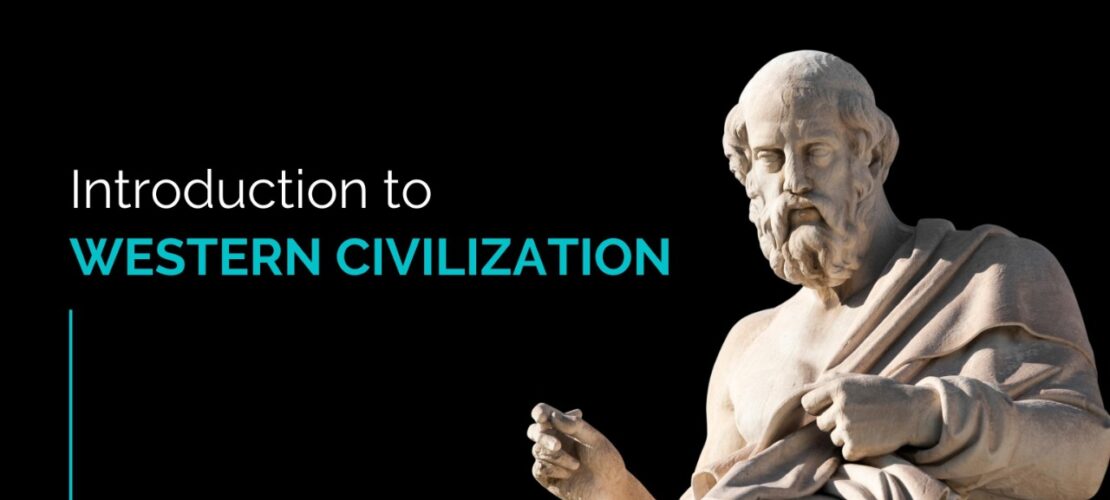
Introduction to Western Civilization
This INDICA Course will enable learners to grasp and critique the basic elements of the Western paradigm of thought referenced by Western geopolitical power as the source of its legitimacy.
Faculty
1 October 2022 - 20 May 2023
8:00 PM-9:00 PM IST
Every Saturday (Except 24th December 2022 and 31st December 2022)
Introduction
The success of Western powers in multiple domains in the so-called ‘modern’ era has enabled the Western civilizational perspective and its self-understanding that emerged during that time to present itself to the rest of the world, not as one perspective among others, but as the universal and definitive human perspective and as the culmination of the world’s intellectual and spiritual development according to principles supposedly objective and self-evident.
The hegemonic position of this civilizational perspective makes it imperative that the basic elements of the Western paradigm of thought referenced by Western geopolitical power as the source of its legitimacy be grasped and critiqued.
This course, using as its basis a standard, widely assigned collection of readings used to construct the ongoing and open-ended ‘Western Canon’, seeks to provide the foundation for such awareness, so that students may both appreciate the wisdom in this intensely contested tradition as well as recognizing its hazards.
Course Objectives
- Read a normative series of selections from texts considered foundational for ‘Western Civilization’ in its posited stages of ‘emergence’ or ‘development’ and constitutive for that tradition’s self-understanding.
- Form the basis for immanent critique of that tradition’s self-understanding and developmental narrative.
Course Syllabus
- Introduction
- Archaic Greece
- Classical Greece
- Hellenistic
- Rome
- Late Antiquity
- Early Medieval
- High Medieval
- Renaissance
- Early Modernity
- Enlightenment and Revolution
- 19th century
- 20th century
- Emerging trends
Course Outcomes
- To have a general familiarity with the putative core texts of the ‘Western Tradition’ and the narrative of emergence in which they are situated.
- To understand the mobile and constructed nature of ‘Western’ identity.

